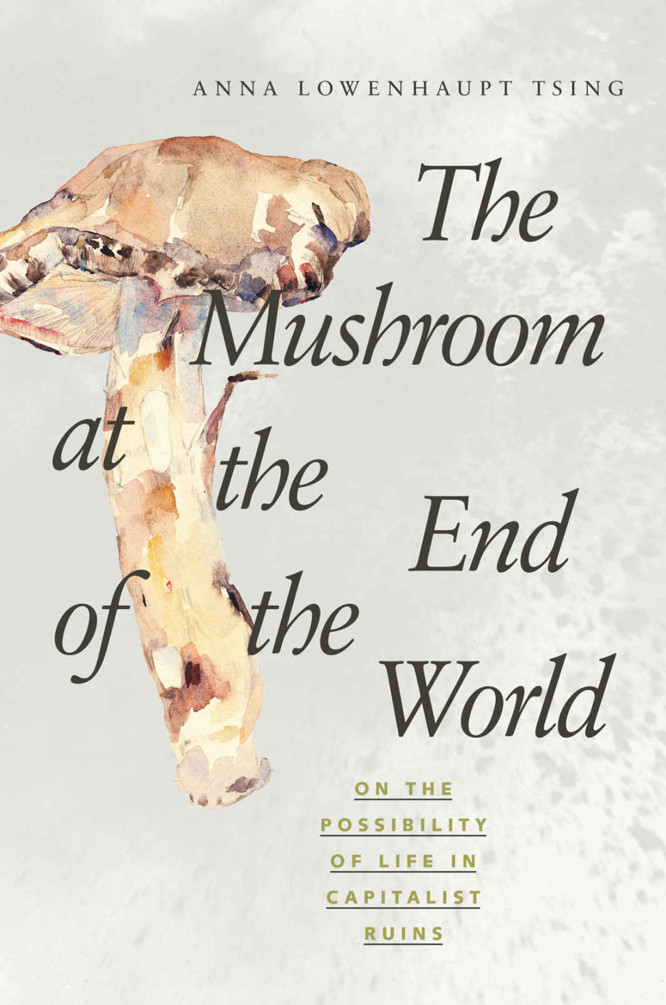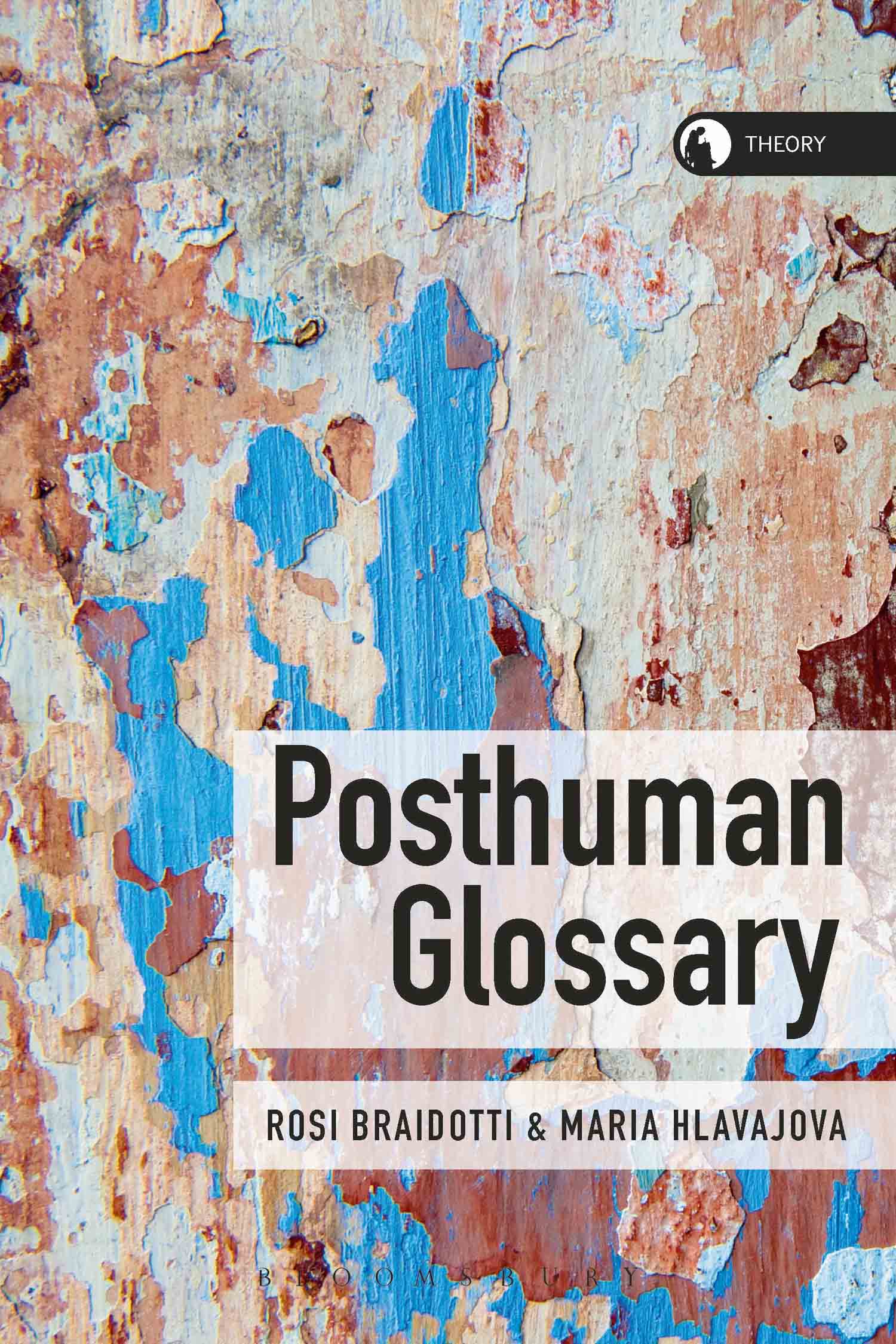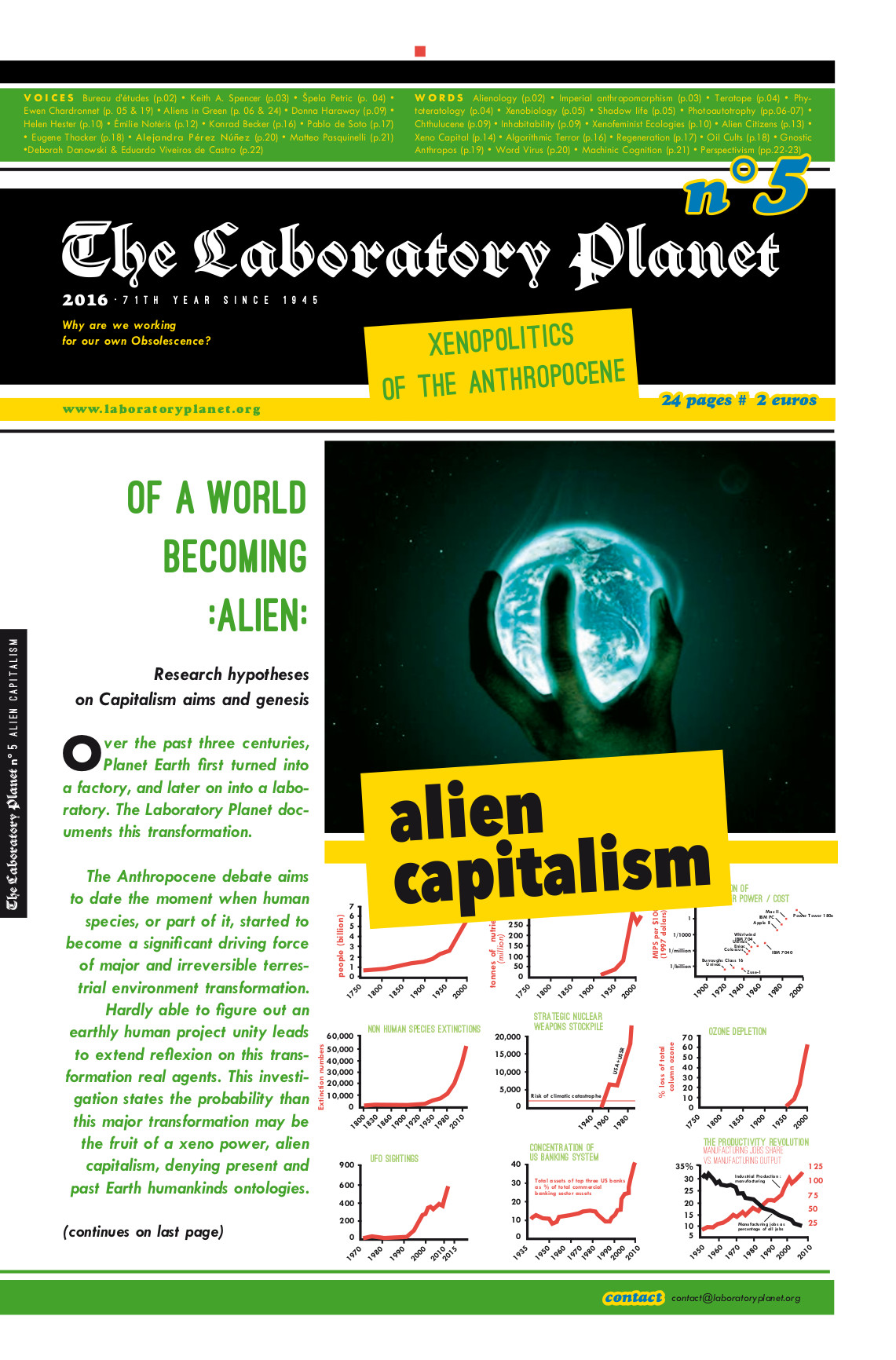Anna Lowenhaupt Tsing: The Mushroom at the End of the World: On the Possibility of Life in Capitalist Ruins (2015)
Filed under book | Tags: · anthropology, bioculture, capitalism, collaboration, ethnography, forest, multispecies, mushrooms, precarity

“Matsutake is the most valuable mushroom in the world—and a weed that grows in human-disturbed forests across the northern hemisphere. Through its ability to nurture trees, matsutake helps forests to grow in daunting places. It is also an edible delicacy in Japan, where it sometimes commands astronomical prices. In all its contradictions, matsutake offers insights into areas far beyond just mushrooms and addresses a crucial question: what manages to live in the ruins we have made?
A tale of diversity within our damaged landscapes, The Mushroom at the End of the World follows one of the strangest commodity chains of our times to explore the unexpected corners of capitalism. Here, we witness the varied and peculiar worlds of matsutake commerce: the worlds of Japanese gourmets, capitalist traders, Hmong jungle fighters, industrial forests, Yi Chinese goat herders, Finnish nature guides, and more. These companions also lead us into fungal ecologies and forest histories to better understand the promise of cohabitation in a time of massive human destruction.
By investigating one of the world’s most sought-after fungi, The Mushroom at the End of the World presents an original examination into the relation between capitalist destruction and collaborative survival within multispecies landscapes, the prerequisite for continuing life on earth.”
Publisher Princeton University Press, Princeton, 2015
ISBN 0691162751, 9780691162751
xii+331 pages
Reviews: Stefan Helmreich (Am Ethnologist, 2016), Eleana J. Kim (Current Anthropology, 2016), Emily Yates-Doerr (Medicine Anthropology Theory, 2016), James P. Verinis (Culture, Agriculture, Food and Environment, 2016), PD Smith (The Guardian, 2017), Joshua A. Bell (Anthropological Q, 2017), William E. O’Brien (AAG Review of Books, 2018), Jason Cons (J Asian Studies, 2016), Jim Igoe (Am Anthropologist, 2016), Eugene N. Anderson (Ethnobiology Letters, 2015), Justine Williams (Transforming Anthropology, 2016), Brandon Bodenstein (Anthropology and Humanism, 2017), Hjorleifur Jonsson (Asia Pacific J Anthropology, 2017), Danya Glabau (J Cultural Economy, 2017), Carmen Victor (Culture Machine, 2017), Sian Sullivan (Dialogues in Human Geography, 2018), Frédérique Aït-Touati (Critique, 2019, FR), Bruno Latour (n.d.).
Comment (1)Rosi Braidotti, Maria Hlavajova (eds.): Posthuman Glossary (2018)
Filed under book | Tags: · activism, algorithm, anthropocene, art, body, capitalism, capitalocene, cybernetics, ecology, feminism, human, inhuman, new materialism, philosophy, posthuman, posthumanism, theory

“If art, science, and the humanities have shared one thing, it was their common engagement with constructions and representations of the human. Under the pressure of new contemporary concerns, however, we are experiencing a “posthuman condition”; the combination of new developments–such as the neoliberal economics of global capitalism, migration, technological advances, environmental destruction on a mass scale, the perpetual war on terror and extensive security systems–with a troublesome reiteration of old, unresolved problems that mean the concept of the human as we had previously known it has undergone dramatic transformations.
The Posthuman Glossary> is a volume providing an outline of the critical terms of posthumanity in present-day artistic and intellectual work. It builds on the broad thematic topics of Anthropocene/Capitalocene, eco-sophies, digital activism, algorithmic cultures and security and the inhuman. It outlines potential artistic, intellectual, and activist itineraries of working through the complex reality of the ‘posthuman condition’, and creates an understanding of the altered meanings of art vis-à-vis critical present-day developments. It bridges missing links across disciplines, terminologies, constituencies and critical communities. This original work will unlock the terms of the posthuman for students and researchers alike.”
Publisher Bloomsbury Academic, 2018
Theory series
ISBN 1350030252, 9781350030251
xxxii+538 pages
The Laboratory Planet, 5: Alien Capitalism: Xenopolitics of the Anthropocene (2016) [EN, FR, ES]
Filed under book | Tags: · alien, anthropocene, art, capitalism, chthulucene, earth

“Since World War, the planet is gradually transformed into a scale 1 laboratory. The old model of “world factory” has given way to the model of the “world laboratory”. Objects of this laboratory, can we also be the subjects? Can we reclaim this huge machine that became autonomous and is now developing according to its own dynamic? Can we redirect the fate and direction of this laboratory?”
Texts by Bureau d’études, Keith A. Spencer, Spela Petric, Ewen Chardronnet, Aliens in Green, Donna Haraway, Helen Hester, Émilie Notéris, Konrad Becker, Pablo de Soto, Eugene Thacker, Alejandra Pérez Núñez, Matteo Pasquinelli, Deborah Danowski & Eduardo Viveiros de Castro.
Edited by Ewen Chardronnet and Bureau d’études
Published on 4 February 2016
24 pages
PDF, PDF (French)
PDF, PDF (English)
PDF, previous issues.

